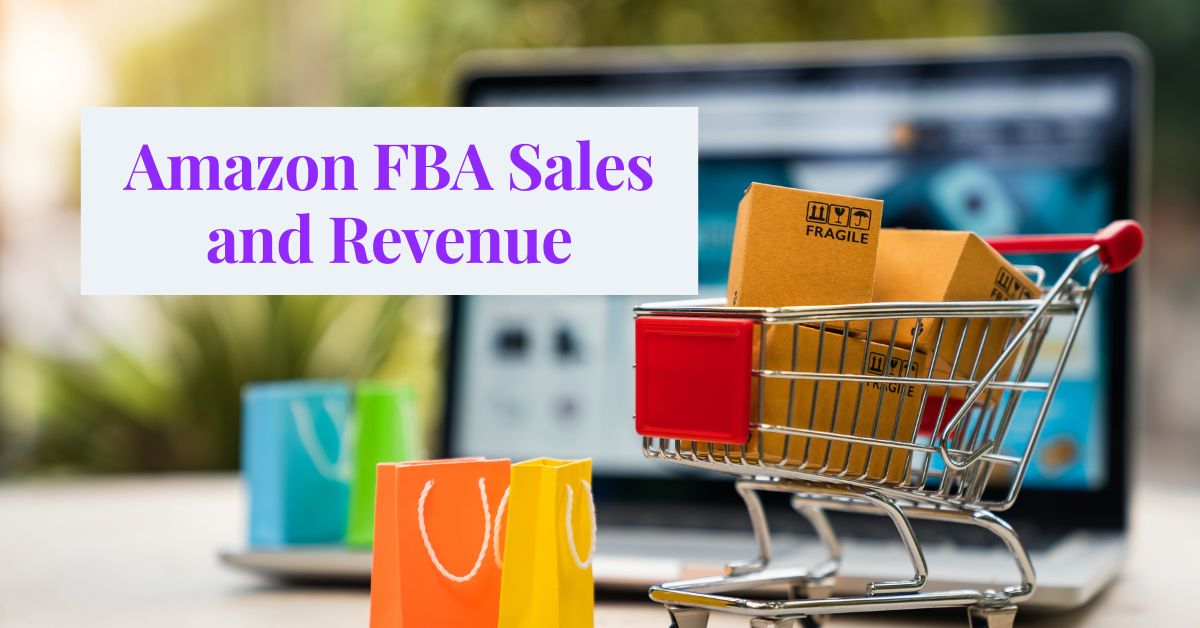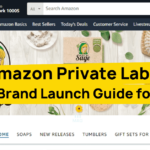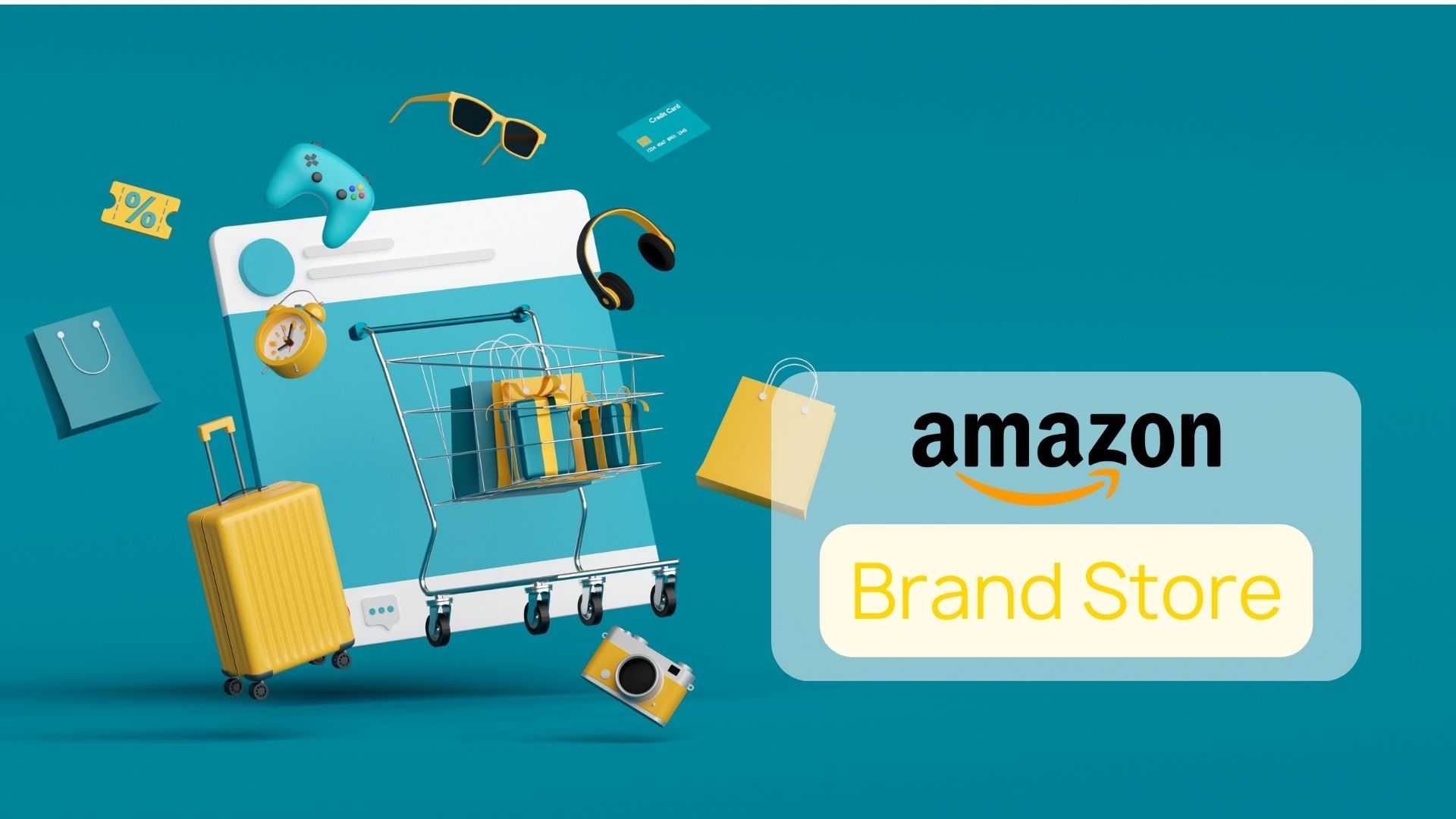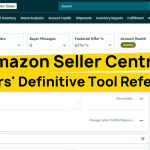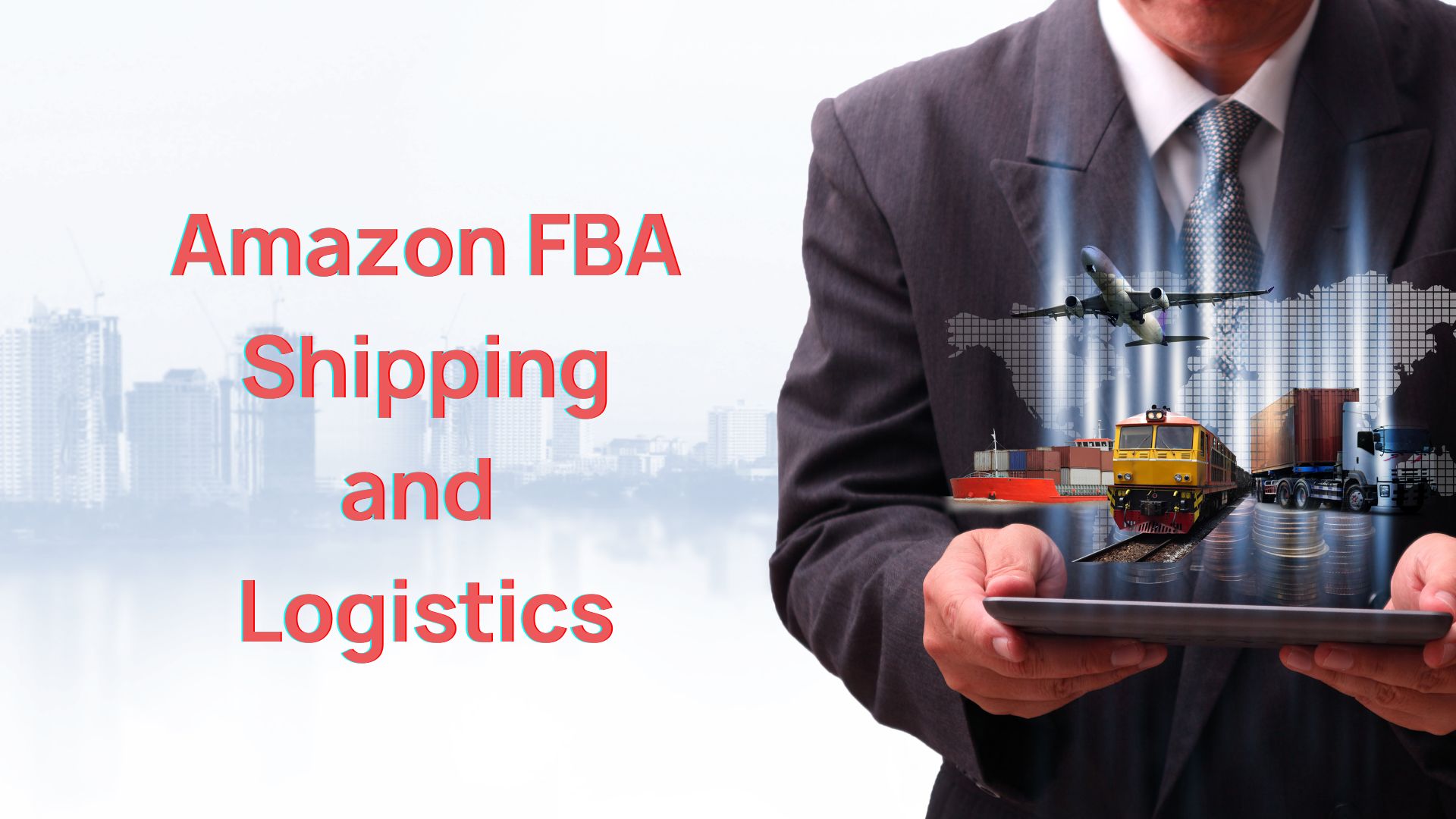Are you planning on launching your own Amazon Private Label?
With the promise of high profit margins and the appeal of controlling your brand, it’s no wonder many sellers are drawn to this business model.
However, this is not a one-size-fits-all type of thing. Thus, it’s important to weigh the rewards against the challenges to know whether this is the right path for you.
So here, we will look into the pros and cons of starting a private label business on Amazon, helping you decide if private labeling is a suitable business model for you.
What is an Amazon Private Label Business Model
Private label means selling products made by someone else under your own label and branding. This model allows sellers to stand out from the crowd using a unique brand identity and marketing strategy.
For a deeper dive into private label businesses on Amazon and how to start one, check out Amazon Private Label: Successfully Launch Your Brand in 2024.
The Pros of Amazon Private Label: Potential Rewards
Private labeling on the Amazon marketplace offers some significant advantages. Here’s a breakdown of some of the key benefits that can make this appealing to Amazon sellers:
Potential High Profit
One of the biggest advantages of selling private label products is the opportunity to have a higher profit margin. By cutting out the middlemen and working directly with product manufacturers, there’s a chance to negotiate for better pricing and avoid paying for brand markups.
This model also gives you the authority to set the price point, allowing you to have a greater share of the profits. Private label selling on Amazon often leads to more favorable financial outcomes compared to buying and reselling established brands where margins can be tight.
Control Over Your Brand
Private label sellers have the freedom to create a unique brand identity.
From product design and packaging to the brand story and even marketing messages, you have the liberty to shape every part of your brand. This level of control lets you build a distinctive brand presence and offer a personalized customer experience.
With this approach, you can promote customer loyalty, differentiate yourself from competitors, and establish a strong market position.
Securing the Buy Box
As a private label seller, enrolling in Amazon Brand Registry can help you secure the Buy Box for your listings on Amazon.
This protection ensures that you can prevent unauthorized sellers from hijacking your listings and profiting from the traffic you’ve worked hard to generate, guarding your brand’s success.
Now, if you encounter this type of issue, check my video on how I guide a client in removing hijackers.
Growing Your Product Line
With private labeling, you have the flexibility of expanding your product portfolio. Adding complementary products allows you to cater to the same customer base and enhance your brand’s market presence.
By capitalizing on your loyal customers and offering product bundles, you can get better profits while strengthening your brand’s long-term position.
Building Your Brand’s Value
Asset building is one of the most valuable long-term advantages of this business model. Businesses that sell private label products on Amazon can grow in value over time.
As you expand and establish your brand, it becomes an asset that can be sold or licensed. This adds to the future value of your business, making it a significant reward.
The Cons of Amazon Private Label: A Reality Check
While private labeling on Amazon offers numerous rewards, it also comes with its own set of challenges. Learning about these potential risks is crucial so that you can make a decision on whether this business model is the one for you.
Finding the Right Product
Sourcing the perfect product to sell on Amazon involves extensive research and negotiations with suppliers, often through e-commerce platforms like Alibaba.
This can be time-consuming and frustrating, especially if the initial product samples do not meet your expectations.
Searching for a trusted supplier who can consistently deliver quality products is a must.
However finding such a supplier can be a challenge as well, requiring a lot of patience throughout the process.
Logistics and Fulfillment Issues
Even if you successfully source a product, logistics can still pose significant problems. For example, fragile items are at risk of being mishandled during shipping, potentially leading to damaged goods and unhappy customers.
Ensuring that your products arrive in pristine condition requires a reliable logistic partner. The issue is partnering with trusted couriers can be costly, which may impact your overall profit margins.
Brand Protection and Trademarks
We’ve established the importance of enrolling in Amazon’s Brand Registry, as it helps protect you from unauthorized sellers. However, the process involves complex legal and administrative steps, particularly for those without prior experience.
In addition, there is a risk of being removed from the Brand Registry due to compliance issues. This can impact your ability to protect your brand and secure the Buy Box effectively.
Tip: If you need assistance with the Brand Registry process or handling trademark issues, contact our Amazon agency.
Mastering Listings and Ads
Creating effective product listings and mastering Amazon’s advertising platform takes a lot of time and effort. Optimizing product listings and managing PPC (pay-per-click) campaigns can be overwhelming.
Unexpected issues, like being removed from search results or difficulties in managing and optimizing ads can complicate matters further.
SEO and Design Challenges
To compete effectively on Amazon, you need to optimize your listings for search algorithms, which involves detailed keyword research and content creation. Designing high-quality product images and A+ content is labor-intensive but necessary for standing out.
Inventory Management Issues
Product line expansion can be risky. Overextending your inventory may lead to overstock situations and reduced sales for your top-performing products.
Effective inventory management is key to balancing product variety and stock levels to avoid financial losses.
Handling Fake Reviews and Competition
Negative reviews, sometimes from competitors, can seriously hurt your product’s sales. Even, a single bad review can tarnish your brand’s reputation and deter potential customers.
Plus, dealing with Amazon’s strict policies on fake reviews and ad compliance can be taxing. Minor violations can result in banned ads or account penalties.
Platform Integration Issues
Expanding your business to other platforms, whether e-commerce sites or social networks, comes with its own set of challenges. Each platform has unique requirements and restrictions that can complicate your growth strategy.
Finding solutions to these integration issues often demands additional resources and planning.
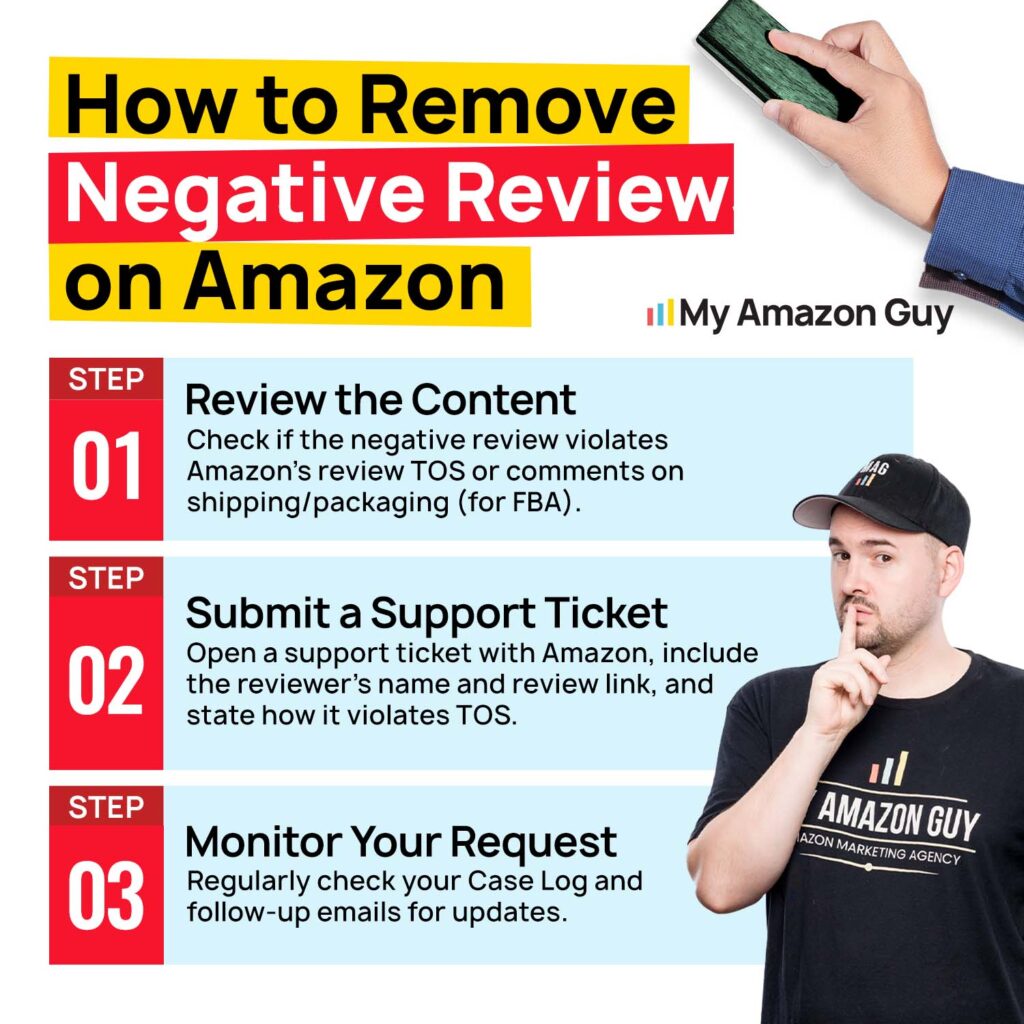
Agency vs. In-House Management
Hiring an agency might seem like a quick fix, but it doesn’t always deliver the results you’re hoping for. Agencies can be expensive and might not fully understand your unique needs, which can lead to extra costs and more management headaches.
On the other hand, managing things in-house offers more flexibility and control but can be demanding and require a lot of effort.
The Never-Ending Cycle
Running an Amazon private label business is a never-ending continuous battle, from logistics and SEO to marketing, PPC, and product sourcing. It’s definitely not a source of passive income.
Instead, it demands constant attention, flexibility, and hard work. If you’re up for the job, it can be a rewarding adventure, but it’s important to be prepared for the hustle.
Best-Suited for Amazon Private Label Opportunities
Before deciding to start your Amazon private label business, keep in mind that it is not for everyone. It requires a specific set of skills, resources, and mindset.
Sellers Who Find Success with Amazon Private Labels
Here’s a look at the key attributes of individuals and businesses who are best suited for Amazon private labeling:
Research-Driven Individuals
Successful private-label sellers are those who are willing to invest time and effort into research. This involves finding unique features that set your existing products apart from others.
If you’re someone who enjoys digging into data and product niches, this model could be a great fit for you.
Marketing Expert
To make a profitable business out of private labeling, you need to be proficient in Amazon marketing and advertising.
This includes creating compelling Amazon listings, running effective PPC campaigns, and using other promotional strategies.
If you’re ready to invest resources into marketing and have a knack for it, a private label model could be a strong fit for your business.
Optimization Specialist
In the Amazon marketplace, continuously optimizing your products is the way to stay ahead of the competition.
So, if you think that regularly monitoring and improving your existing listings is too much of a hassle, don’t start an Amazon private label brand.
Master of Fees and Margins
A successful private label seller understands the importance of pricing products competitively.
You need to be aware of Amazon’s fees, cost of goods, and other expenses to set prices that maximize your margins. If you’re comfortable with this aspect of financial management, private labeling is for you.
Policy-Compliant Sellers
Learning Amazon’s policies and guidelines is important for running a successful Amazon FBA private label business.
It’s essential to have a solid understanding of these rules and a commitment to comply.
If you’re uncomfortable working within Amazon’s framework and unwilling to adhere to their standards, you might want to rethink your decision about starting a private label venture.
Finding High-Demand, Low-Competition Items
Private labeling is suitable for those who prioritize sourcing products with high sales potential and minimal competition on Amazon.
So, if you’re someone who seeks out opportunities where demand is strong but competition is relatively low, this business model can be an excellent fit.
By focusing on these types of Amazon products, you can reduce the risks associated with competing in a crowded space.
Ideal Products for an Amazon Private Label Business
Starting a successful Amazon Private Label Business works best with certain types of products. Consider these when choosing what to sell:
Small and Lightweight Products
Opt for items that are small and light enough to fit into a flat-rate box (8 11/16″ x 5 7/16″ x 1 3/4″) and weigh no more than one or two pounds.
These products often have lower shipping costs and can be more cost-effective to manage.
Unregulated Products
Choose products that don’t require special licenses or certifications.
Unregulated items are easier to manage and often come with fewer compliance hurdles, making your business operations smoother.
Non-Seasonal Products
Selling products that have consistent demand throughout the year is advantageous.
Non-seasonal items ensure steady sales and reduce the risk of having unsold inventory due to seasonal fluctuations.
Uncomplicated Products
Products that are straightforward and have minimal customer service issues are for your Amazon business.
Complicated products can lead to higher returns and negative customer reviews, so simpler items often make for a smoother selling experience.
The Final Verdict: Is Private Label Your Perfect Match?
Starting an Amazon private label business can be exciting but also demanding. It offers the chance to build a unique brand with high profit margins, but it also comes with challenges that require dedication and effort.
If you’re ready to invest in research, marketing, and ongoing optimization, and you’re comfortable with managing costs, private labeling might be a great fit for you.
Take the time to weigh these factors and plan carefully. For expert help to kickstart your private label business, contact our Amazon agency today!


